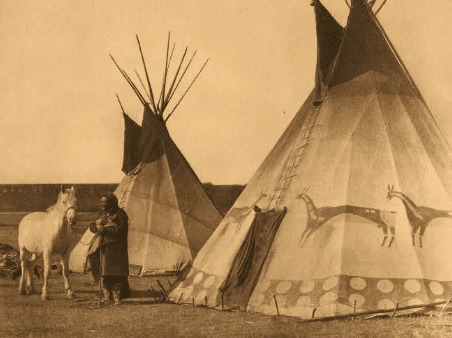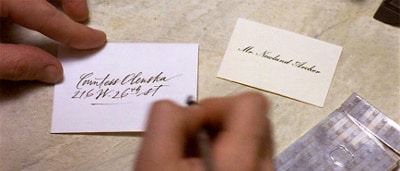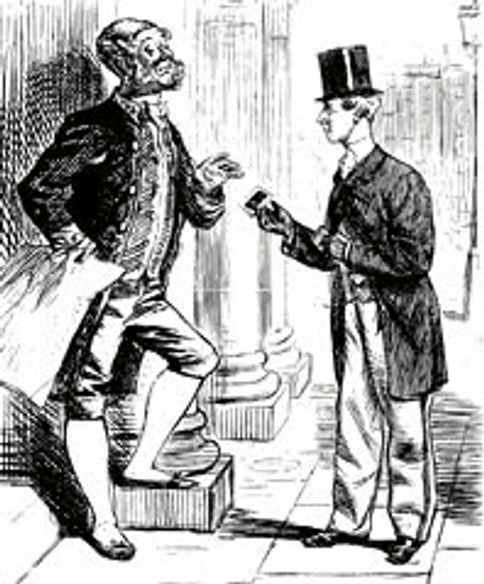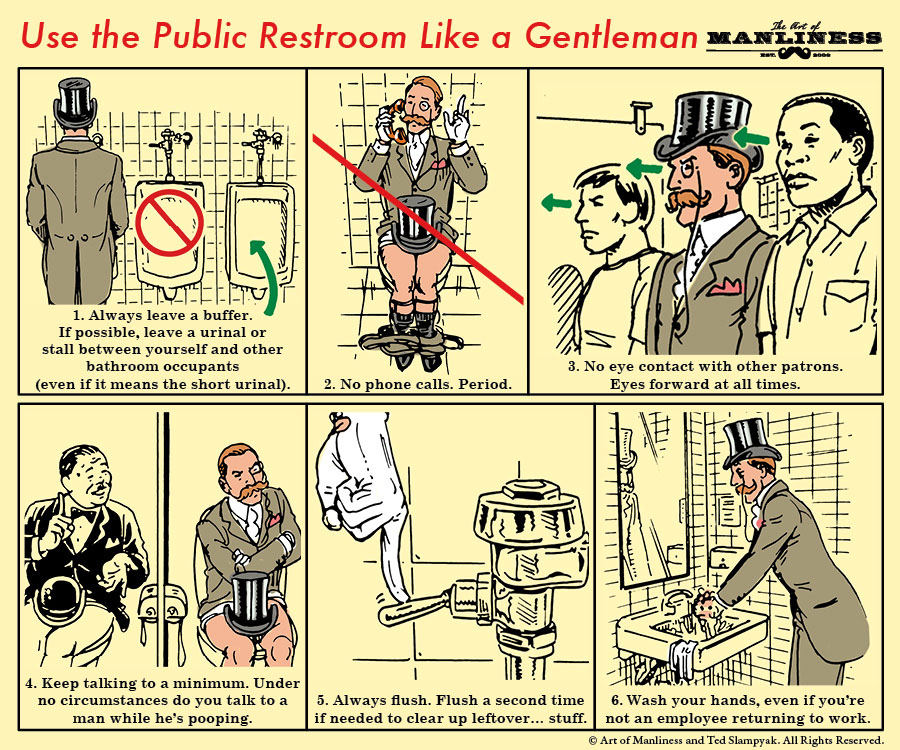
When Kate and I were in Vermont last summer, we stumbled upon a book called Hill’s Manual of Social and Business Forms. It was published in 1880. The book is a hodgepodge of information that would be useful to a man of business back in the late 19th century. There are sections dedicated to penmanship, business letter writing, and the dos and don’ts of social and business etiquette. One section in the book is called “Unclassified Laws of Etiquette.” It’s a list of different rules of etiquette that didn’t quite fit under the other specific headings (funeral etiquette, etiquette in the home, etc.). While the list was written over 100 years ago and some of the suggestions are a bit random and outdated, the advice is still strikingly resonant. It manages to cover many, many of the gaps in etiquette which have transformed society into a veritable Swiss cheese of incivility. If a man puts these suggestions into practice, he will definitely set himself apart for the other knuckleheads out there trying to land a job or catch the eye of a good-looking gal. Looking down the list, I can see several areas where I could use some improvement. I bet you will too!
- Never exaggerate.
- Never point at another.
- Never betray a confidence.
- Never leave home with unkind words.
- Never neglect to call upon your friends.
- Never laugh at the misfortunes of others.
- Never give a promise that you do not fulfill.
- Never send a present, hoping for one in return.
- Never speak much of your own performances.
- Never fail to be punctual at the time appointed.
- Never make yourself the hero of your own story.
- Never pick the teeth or clean the nails in company.
- Never fail to give a polite answer to a civil question.
- Never question a child about family matters.
- Never present a gift saying that it is of no use to yourself.
- Never read letters which you may find addressed to others.
- Never fail, if a gentleman, of being civil and polite to ladies.
- Never call attention to the features or form of anyone present.
- Never refer to a gift you have made, or favor you have rendered.
- Never associate with bad company. Have good company, or none.
- Never look over the shoulder of another who is reading or writing.
- Never appear to notice a scar, deformity, or defect of anyone present.
- Never arrest the attention of an acquaintance by touch. Speak to him.
- Never punish your child for a fault to which you are addicted yourself.
- Never answer questions in general company that have been put to others.
- Never, when traveling abroad, be over boastful in praise of your own country.
- Never call a new acquaintance by their first name unless requested.
- Never lend an article you have borrowed, unless you have permission to do so.
- Never attempt to draw the attention of the company constantly upon yourself.
- Never exhibit anger, impatience or excitement, when an accident happens.
- Never pass between two persons who are talking together, without an apology.
- Never enter a room noisily; never fail to close the door after you, and never slam it.
- Never forget that, if you are faithful in a few things, you may be ruler over many.
- Never exhibit too great familiarity with the new acquaintance, you may give offense.
- Never will a gentleman allude to conquests which he may have made with ladies.
- Never be guilty of the contemptible meanness of opening a private letter addressed to another.
- Never fail to offer the easiest and best seat in the room to an invalid, an elderly person, or a lady.
- Never neglect to perform the commission which the friend entrusted to you. You must not forget.
- Never send your guest, who is accustomed to a warm room, off into a cold, damp, spare bed, to sleep.
- Never enter a room filled with people, without a slight bow to the general company when first entering.
- Never fail to answer an invitation, either personally or by letter, within a week after the invitation is received.
- Never accept of favors and hospitality without rendering an exchange of civilities when opportunity offers.
- Never cross the leg and put one foot in the street-car, or places where it will trouble others when passing by.
- Never fail to tell the truth. If truthful, you get your reward. You will get your punishment if you deceive.
- Never borrow money and neglect to pay. If you do, you will soon be known as a person of no business integrity.
- Never write to another asking for information, or a favor of any kind, without enclosing a postage stamp for the reply.
- Never fail to say kind and encouraging words to those whom you meet in distress. Your kindness may lift them out of their despair.
- Never refuse to receive an apology. You may not receive friendship, but courtesy will require, when a apology is offered, that you accept it.
- Never examine the cards in the card-basket. While they may be exposed in the drawing room, you are not expected to turn them over unless invited to do so.
- Never, when walking arm in arm with a lady, be continually changing and going to the other side, because of change of corners. It shows too much attention to form.
- Never insult another with harsh words when applied to for a favor. Kind words do not cost much, and yet they may carry untold happiness to the one to whom they are spoken.
- Never fail to speak kindly. If a merchant, and you address your clerk; if an overseer, and you address your workman; if in any position where you exercise authority, you show yourself to be a gentleman by your pleasant mode of address.
- Never attempt to convey the impression that you are a genius, by imitating the faults of distinguished men. Because certain great men were poor penmen, wore long hair, or had other peculiarities, it does not follow that you will be great by imitating their eccentricities.
- Never give all your pleasant words and smile to strangers. The kindest words and the sweetest smiles should be reserved for home. Home should be our heaven.
“We have careful thought for the stranger,
And smiles for the sometimes guest;
But oft for our own the bitter tone,
Though we love our own the best.
Ah! lips with the curl impatient-
‘Twere a cruel fate were the night too late
To undo the work of the morn.”






